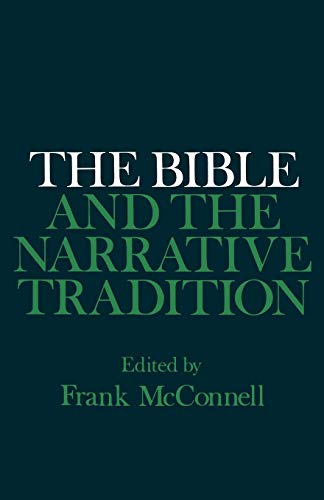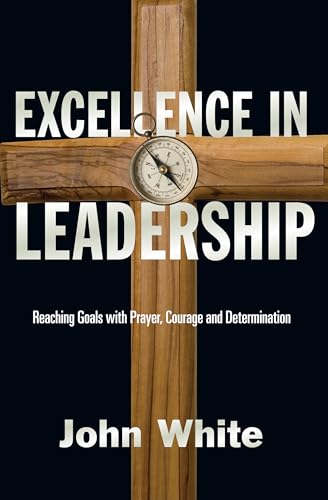The Sacrifice We Offer: the Tridentine Dogma and its Reinterpretation
Written by David N. Power Reviewed By Roger BeckwithDavid Power is an Irish Roman Catholic theologian, now teaching in America. His book is a readable but fairly technical discussion of the meaning of the Council of Trent’s teaching on the sacrifice of the mass.
The motivation of the book is ecumenical, and it begins with an examination of a number of recent ecumenical documents which have attempted to bridge the gap between Roman Catholicism and Protestantism on the subject of the mass-sacrifice, such as the Lima report ‘Baptism. Eucharist and Ministry’ and the first (miscalled ‘final’) report of the Anglican-Roman Catholic International Commission. He concludes, truly enough, that they are not altogether consistent and have not wholly succeeded in this aim.
He then goes on to look at some recent Roman Catholic statements which emphasize the gap rather than minimize it, notably the papal letter Dominicae Cenae (1980) and the Observations of the Holy Office on the ARCIC report. He argues that these give a one-sided interpretation of Trent, and make the gap seem wider than they need.
In explaining Trent, Power rightly considers the various views expressed by participants at the Council, before they formulated its decrees and canons, so as to show how much breadth of opinion it intended to embrace. He also points out that such theological statements should not be assessed in the abstract, without considering the sort of practice which they were intended to interpret. This is his most original contribution. A much more familiar point is his claim that it is legitimate to reinterpret Trent (without rejecting it), so as to correct any perceived imbalance in the underlying conceptions of 16th-century theology.
The commitment of Roman Catholics to Trent does, of course, put severe limits on the extent to which they are able to rethink the traditional theology of the mass. The biblical objections to this teaching are hardly glanced at in the present volume. As the author modestly says, such considerations would require ‘another book’.
Roger Beckwith
Oxford







